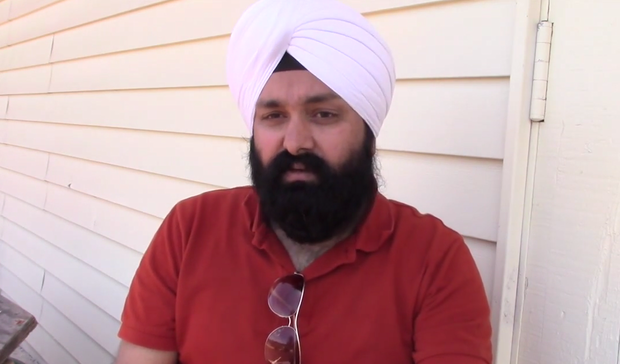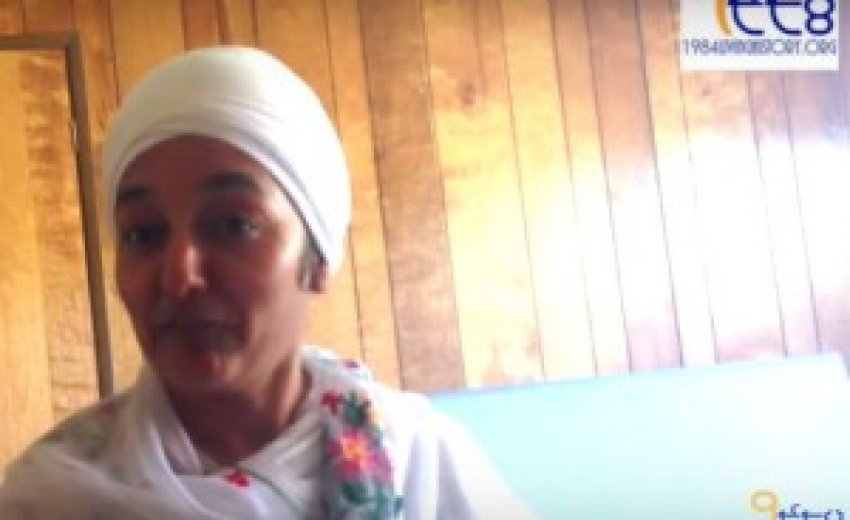 |
| Gagandeep Singh tells the 1984 Living History project about his memories from the November 1984 violence against Sikhs in India. (Screen shot of 1984 Living History "Gagandeep Singh" video) |
November 02, 2015: Thirty-one years ago, violence wracked Sikh communities in India. Thousands died at the hands of their Hindu countrymen.
Today, some surviving Sikhs live in the Portland-area. Thanks to 1984 Living History, a nonprofit project collecting Sikh's memories of the killings, we're sharing their stories in honor of the anniversary.
Volunteers and staffers with the 1984 Living History project have spent a couple years interviewing Sikhs around the world about their memories of the killings. Their website features videos of testimony from Sikhs who live in cities from Calcutta to Dubai to San Francisco.
Widespread violence broke out against Sikhs in early November of 1984 after two Sikh body guards assassinated the prime minister of India, Indira Gandhi, on Oct. 31, according to a report by the Armed Conflict Resolution and People's Rights Project at the University of California, Berkley.
The assassination was reportedly retaliation for Gandhi's orders for the army to attack Sikh places of worship. Sikhs were, and are, a religious minority in India and were challenging the political party in power over states' rights.
Countrywide death toll estimates range from 7,000 to 20,000, the according to the Berkley report.
"We'll be stronger if we know where we came from, and we can only heal if we talk about it," said Ravleen Kaur, a recent Portland State University graduate working as a research fellow for 1984 Living History.
Kaur shot the following videos of Portland-area Sikhs talking about their memories of the violence.
1. Mandeep Bawa, who was a college student in Delhi at the time, narrowly escaped angry mobs. He saw his local gurdwara, or place of worship, burn down.
2. Gagandeep Singh was a fifth grader, and his father went missing for 10 days after violence broke out.
3. Gurpreet Kaur's family housed refugees that had escaped violence in another city.
